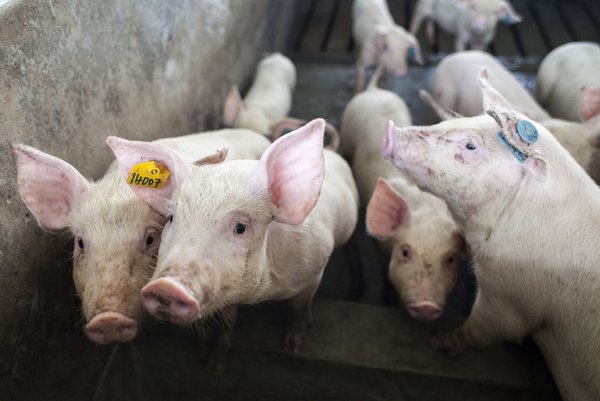- Share this article
- Subscribe to our newsletter
Declining use of antimicrobials in animals
There is a positive global progress on the regulation and monitoring of antimicrobial use in animals, the World Organisation for Animal Health (OIE) reported in February 2019. The assumption is based on the currently published third OIE annual report on the use of antimicrobial agents intended for use in animals that provides a global and regional analysis from 2015 to 2017 based on data from 155 countries. According to them, use of antimicrobials for growth promotion has declined from 60 to 45 countries since the last round of data collection published in 2017.
A total of 110 responding countries, representing 71 per cent, did not use any antimicrobial agents for growth promotion in animals in their countries as of 2017, either with or without legislation or regulations. From the 45 remaining countries that reported use of antimicrobials for growth promotion, 18 countries had a regulatory framework that either provided a list of antimicrobials that can be used as growth promoters or provided a list of those that should not be used as growth promoters.
However, key antimicrobials, classified by the World Health Organization (WHO) as ‘Highest Priority Critically Important Antimicrobials’, including colistin, continue to be used routinely in several regions for this purpose. This practice puts at risk many of the medicines that we take for granted today, for both animals and humans.
The development of a robust regulatory framework is a key component to protect and ensure responsible and prudent use of antimicrobial agents in animal health and production, OIE argues. It is also a powerful instrument to phasing out their use as growth promoters, while recognising that voluntary approaches can be effective in certain countries.
(OIE/ile)





Add a comment
Be the First to Comment